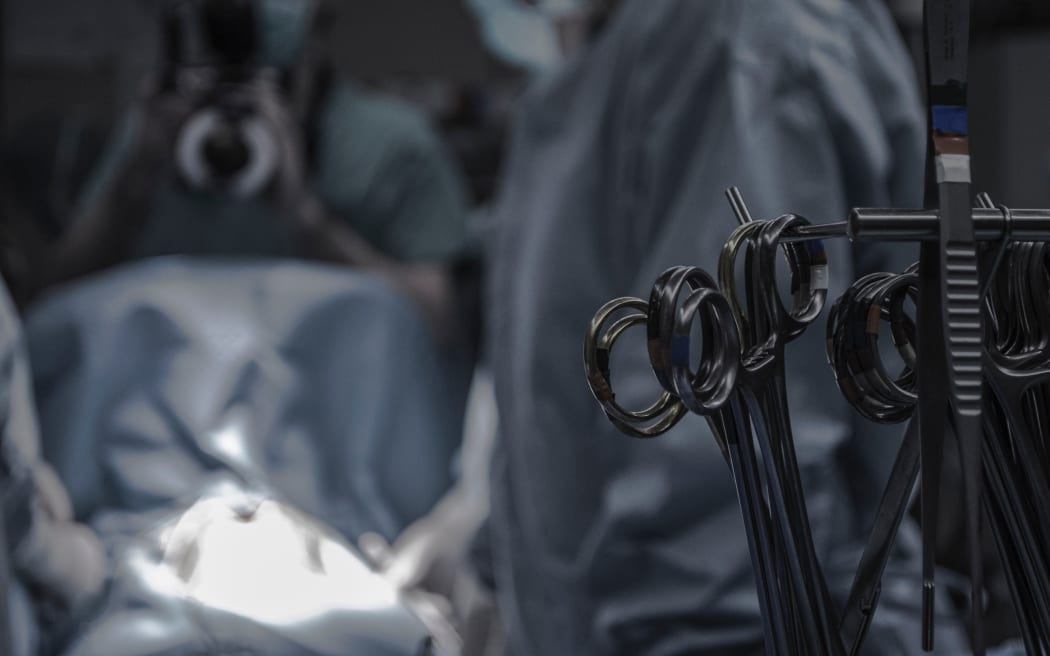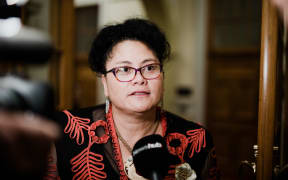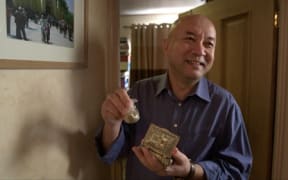By Rachel Russell, BBC News

Authorities say there has been a rise in organ trafficking in Pakistan, with many of the stolen organs sold to overseas clients. Photo: Unsplash/ Piron Guillaume
Eight members of an organ trafficking ring in north-east Pakistan have been arrested, police say.
The ring's alleged leader, Fawad Mukhtar, is accused of extracting the kidneys of more than 300 people and transplanting them into rich clients.
He had previously been arrested five times for malpractice, but managed to secure bail each time.
At least three people died from having their organs harvested in this way, authorities said.
The gang was believed to be operating across Pakistan's eastern Punjab province, as well as in Pakistan-administered Kashmir.
The transplants were carried out in private homes - often without the patient knowing, the chief minister of Punjab province Mohsin Naqvi said.
A car mechanic is said to have worked as Mukhtar's surgical assistant and helped lure vulnerable patients from hospitals.
The kidneys were then sold for up to 10 million rupees (NZ$200,000) each, Naqvi added.
"The facts and figures that have come to us make the heart tremble," Naqvi said during a press conference on Sunday.
"There are a lot more transplants and illegal surgeries than this. These are the ones that we have confirmed."
The commercial trade of human organs was made illegal in Pakistan in 2010.
The punishment for those caught includes a decade-long jail term and huge fines, in the hope that this will stop sales to overseas clients by exploitative doctors, middlemen, recipients and donors.
However, there has been a rise in organ trafficking in the country as people struggle with low wages and poor enforcement of the law.
In January, Punjab police uncovered another organ trafficking ring after a missing 14-year-old boy was found in an underground lab after having his kidney removed.
- This story was first published by BBC




